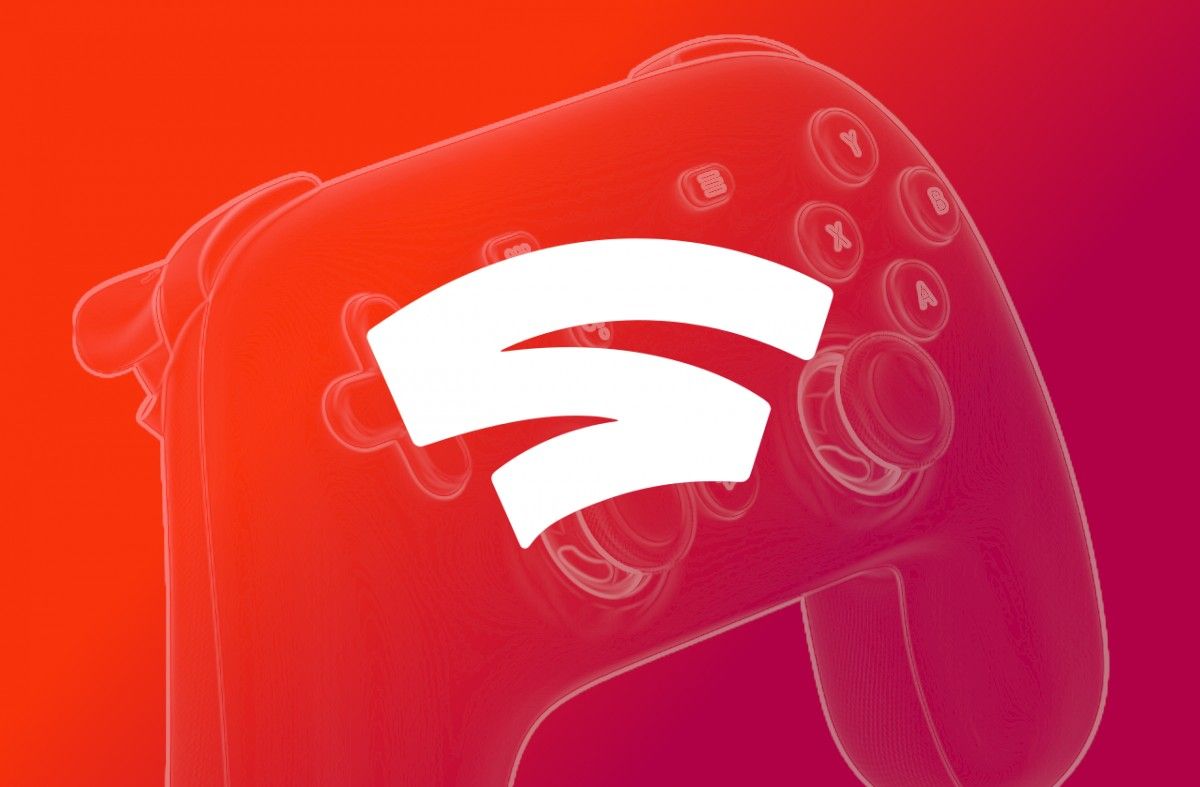It’s been a tough start to the year for Google Stadia. Earlier this month, Google confirmed plans to shut down Stadia’s internal game development division, one week after allegedly praising the studio for its progress. Now, two reports out today have shed light on what it was like on the inside, with one report saying Stadia missed internal targets by “hundreds of thousands.”
Wired reports things were bad from the start. Stadia’s initial announcement was splashy and promised to revolutionize the world of gaming with a mix of first and third-party titles. But Google, a company famous for its services, apparently didn’t fully understand what goes into making a successful gaming studio.
“Three sources said Google created roadblocks on the very fundamentals of game-making, like withholding permission to use certain game development software (security issues, apparently),” Wired said in its report.
Sources also told Wired that Stadia employees felt the service felt like a beta at launch — a sentiment shared by multiple industry reviews. Some features shown off during Stadia’s announcement were missing at launch, and the service debuted with only a handful of big AAA games.
“It could have used more testing in different conditions and on different devices,” a source told Wired.
A source also said that it felt like Google was funding games to sell Stadia rather than to sell games. While developers were struggling internally, the service failed to meet expectations in 2020, according to both Wired and Bloomberg, the latter of which said the service missed targets for “sales of controllers and monthly active users by hundreds of thousands.”
Google was so focused on getting games to sell Stadia that it apparently shelled out tens of millions of dollars to get ports of big titles like Red Dead Redemption 2. Jason Schreier, who wrote the Bloomberg piece, said sources told him Google paid tens of millions of dollars per Stadia port.
If true, that should be a particularly tough pill to swallow for former employees of Stadia’s now-defunct in-house studio. Phil Harrison, who was picked to lead Google’s Stadia division, cited the exorbitant cost of game development when Google confirmed it was shutting down the service's in-house studio.
Google has confirmed it plans to keep Stadia around, and there has been some good news over the past few weeks. Terraria is coming to Stadia after the developer resolved his personal Google account issues with Google. Journey to the Savage Planet was recently fixed on the platform, too. Plus, the platform just recently announced new games headed to Stadia Pro subscribers in March.

